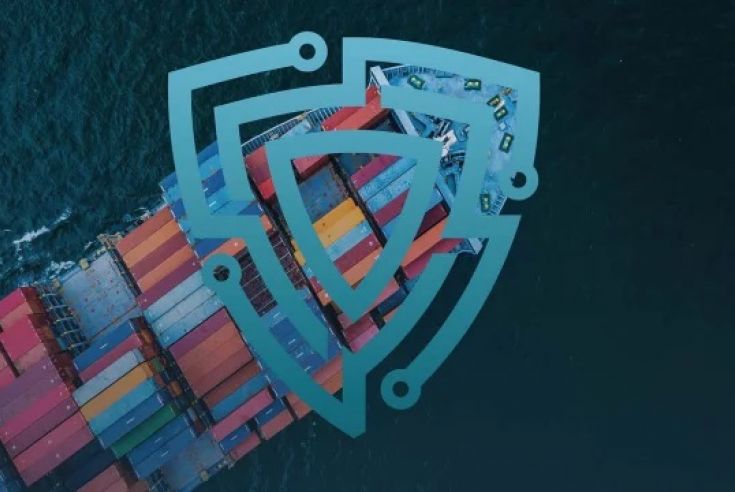199 GBP (£)
EnquireSchool Duck-2-Water
Location Southampton, UK
Duration 2 day(s)
Dates Contact for more info
Accommodation None Included
RYA Powerboat Level 2 Course
Duration:
2 days
RYA Powerboat level 2 scheduled courses are held at Ocean Quay Marina & Ocean Village Marina, Southampton, Hampshire UK and in the Solent area. This venue is approximately an hours commute from London and our course prices from £250 are more cost effective than attending your Powerboat Level 2 Course in London. We are a short drive from Portsmouth and only 40 minutes from Poole.
Own Boat Tuition can be conducted in Southampton, Hampshire, Hamble, Portsmouth, Lymington, Chichester, Cowes, Poole, Isle of Wight, or anywhere on the South Coast, else where in the UK or in Europe.
Likely participants:
Powerboat Level 2 is the most popular powerboat charter qualification and is also known as the 'National Powerboat Certificate'. Those gaining their Powerboat Level 2 can then apply to the RYA for their ICC (International Certificate of Competence). ICCs are required in many European countries when using or chartering vessels. The Powerboat level 2 course suits those with extensive boat handling experience and those who have never stepped onto a boat before.
The RYA Power Boat Level 2 course is also known as the National Powerboat Certificate. It is the most popular course and the two days over which it is run gives plenty of time for both practical instruction and theory. Powerboat level 2 course aim is to teach boat handling and seamanship in powerboats. Whilst at first glance the syllabus appears very similar to the Powerboat Level 1 course, the extra time available makes a real difference to the depth in which subjects are covered and thus the amount a student can learn. Your instructor will cover the following topics with you during your day with him/her:
Launching and recovery
Boat handling
Securing to a buoy
Anchoring
Leaving and coming alongside
Man overboard
The RYA theory element of the Powerboat Training Level 2 course will cover the types of craft and their respective advantages and disadvantages, engines and drives, use of power tilt and trim tabs, safety checks, personal buoyancy, awareness of other water users, application of the collision regulations (IRPCS), local bylaws, towing and being towed, communication with other craft, emergency action, distress signals, fire precautions and fire fighting, and rope work.
Depending on how an individual examiner structures the course, the second day may involve a practical assessment of boat handling capability. This will involve undertaking manoeuvres learnt earlier in the course. This test can be taken on its own without undertaking the Level two course. This is known as Direct Assessment and can lead to the award of a powerboat level two certificate.
A further consideration when attending a powerboat level two course is where you take it. Coastal based schools award certificates with a coastal endorsement. This means that the student has learnt in conditions where tides and currents must be considered. Generally speaking, if you intend using your boat in coastal waters ensure that you undertake a course with a coastal school.
Pre course requirements:
If you have already attended a Powerboat Level 1 course you will find that a benefit, however, no prior boating experience or powerboat training is necessary or essential.



